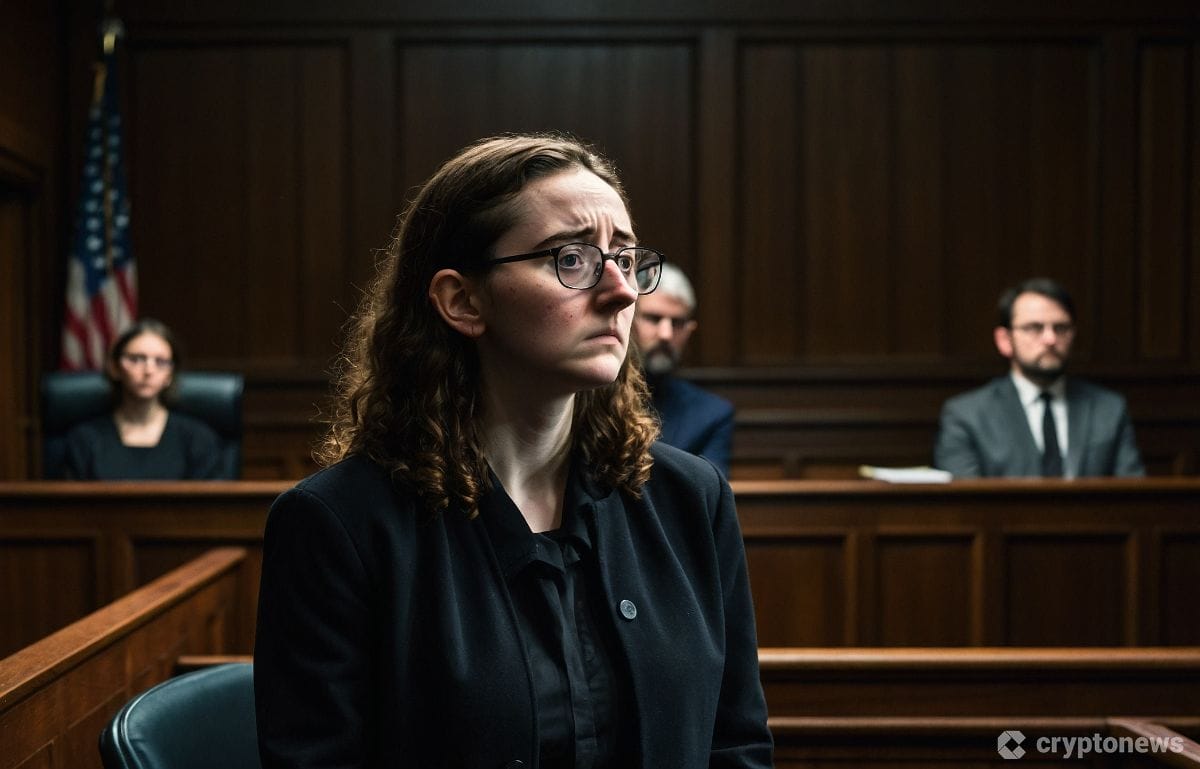Caroline Ellison, the former CEO of Alameda Research, is currently facing sentencing for her role in the collapse of FTX. Her legal team is advocating for a sentence of time served combined with supervised release, citing her cooperation with authorities. Ellison played a key role in the investigation into FTX and its former CEO, Sam Bankman-Fried, leading to his conviction on seven counts of fraud and conspiracy. Alameda Research, the firm Ellison led, was closely tied to FTX, raising concerns about potential misconduct and conflicts of interest due to FTX’s loans to Alameda.
Ellison’s legal team highlighted her cooperation with the government and the FTX bankruptcy estate, which resulted in the recovery of hundreds of millions of dollars in assets for creditors. They argued that leniency would promote respect for the law and acknowledge her cooperation. The support for leniency has also come from John J. Ray III, CEO of the FTX bankruptcy estate, and Robert J. Cleary, the bankruptcy examiner, who praised her contributions to the investigation and recovery efforts. Ellison’s sentencing is scheduled for September 24 in New York, where she faces charges including wire fraud and conspiracy to commit money laundering.
In a recent development, FTX settled a dispute with Emergent Technologies, co-founded by Bankman-Fried, over ownership of more than $600 million worth of Robinhood shares. FTX agreed to pay Emergent $14 million to cover administrative expenses related to the withdrawal of its petition for 55 million Robinhood shares and cash. The ownership of the Robinhood shares had been contested by multiple parties, including FTX, BlockFi, Bankman-Fried, and Emergent. The shares were seized by the U.S. Department of Justice following the collapse of FTX in 2022 and were later repurchased by Robinhood for $606 million in 2023.
The SEC has warned that it may challenge FTX’s repayment plan if it involves returning funds to creditors using stablecoins. While repaying creditors with stablecoins might not be illegal, the agency reserves the right to contest such repayments if they involve US-dollar pegged crypto assets. FTX has explored various strategies to compensate creditors, including a plan to revive the exchange. The latest proposal involves liquidating assets and settling claims based on the U.S. dollar value of those assets at the time of the exchange’s bankruptcy.
Ellison’s legal team has requested redacting parts of her sentencing submission due to the intense media scrutiny and fascination she has faced. They emphasize her cooperation with authorities and the FTX bankruptcy estate, which has led to the successful recovery of assets for creditors. The team argues that leniency for Ellison would demonstrate accountability and promote respect for the law. Her sentencing is awaited in September, where she faces charges related to wire fraud and money laundering conspiracy, stemming from her involvement with Alameda Research and its ties to FTX. The support for leniency from key figures in the investigation highlights the importance of Ellison’s contributions to the case.











